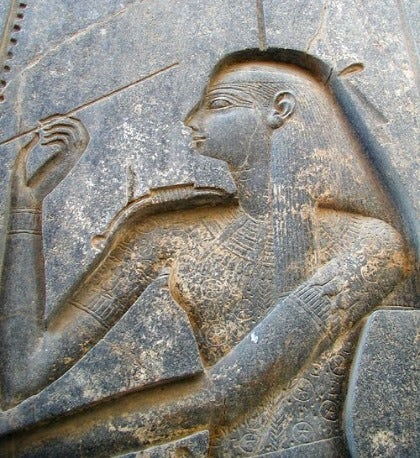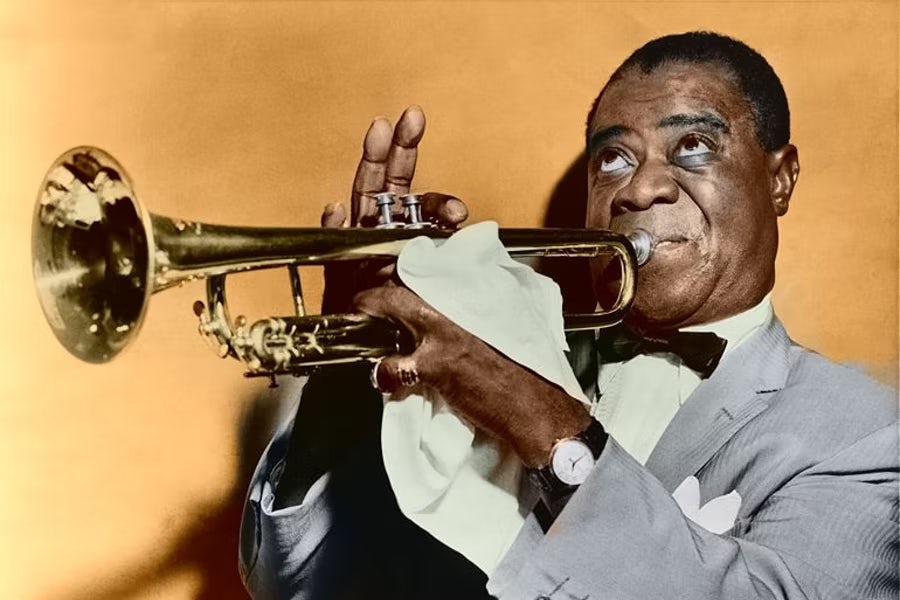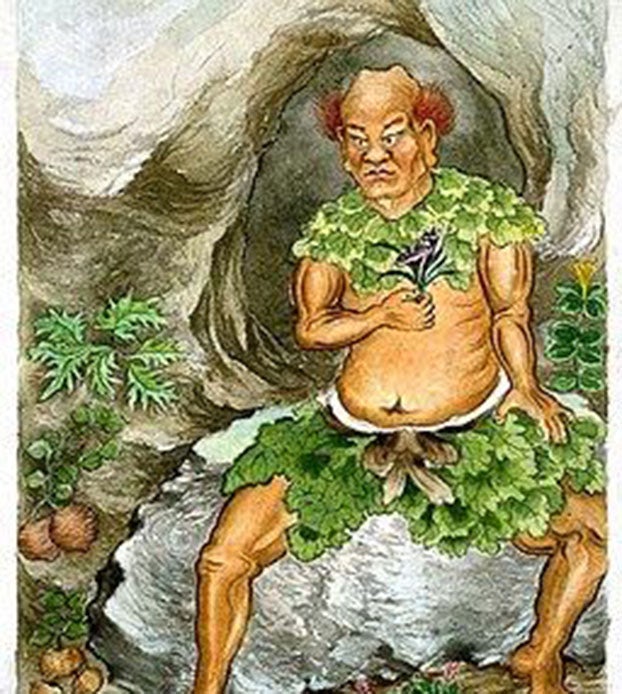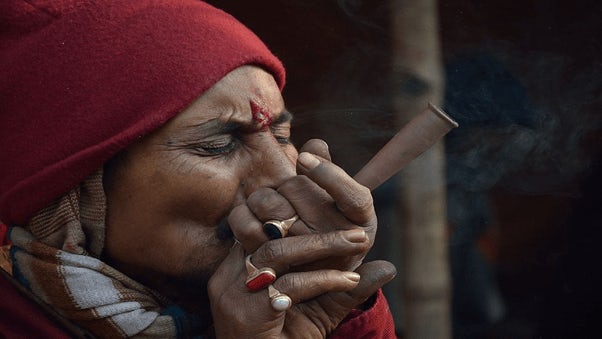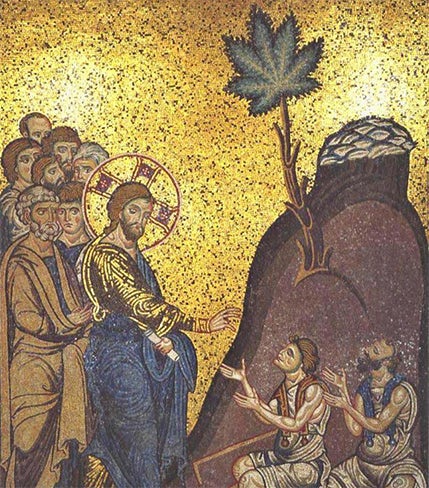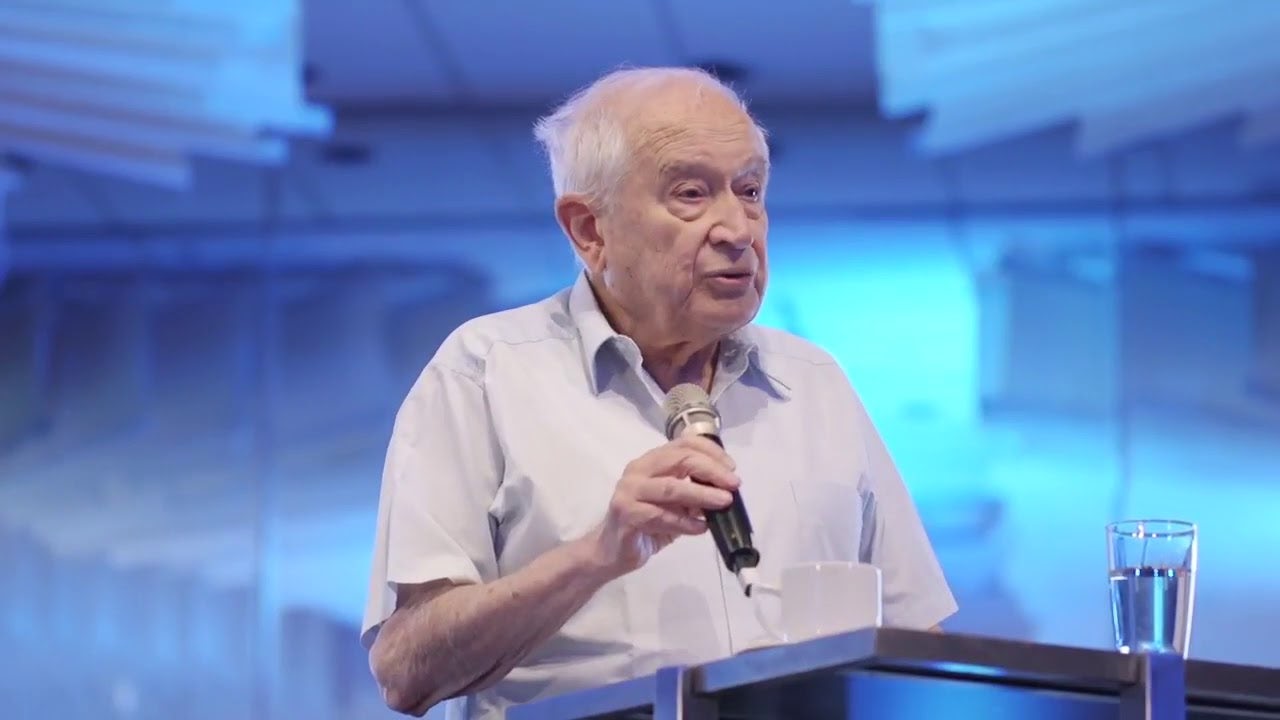Depending on your relationship with the plant or where you went to high school or college (if you remember much from those years), then cannabis may be something of a religion to you. But what do the major world religions actually say about cannabis and should you consider converting?
Cannabis from Ancient times to today
The oldest recorded human use of cannabis comes from East Asia, as far back as the Stone Age in Taiwan. Those findings indicate that cannabis was already being used then to produce hemp fiber, but what about for religious or spiritual purposes in ancient times?1
In a remote region of western China in 2019, researchers uncovered evidence that smoking cannabis was a central component in burial ceremonies as far back as 500 BCE.2
In ancient Greece, the Greek writer Herodotus wrote in the fifth century BCE of residents of the region of Scythia who inhaled the smoke of burning hemp seeds and rejoiced in a sort of ecstatic dance.3
Beyond its use as a religious sacrament, cannabis has a long and storied history as a form of medicine in the ancient world. In Egypt, where it was known as shemshemet – cannabis was used in Pharaonic times to treat a variety of illnesses including ailments of the eyes, migraines, and gynecological disorders. And while examining the remains of a mummy dating from around 950 B.C.E scientists found a “significant deposition” of THC, nicotine, and even cocaine in the several internal organs.4
Eastwards across the Nile Delta, cannabis was also in use by ancient Israelites during the Kingdom of Judah around 700 B.C.E. These findings were part of a report by researchers from May, 2020, who described finding cannabis residue at a religious shrine in southern Israel, including THC, CBD, CBN, and a variety of terpenes.
The researchers stated that the cannabis was likely used “as a deliberate psychoactive, to stimulate ecstasy as part of cultic ceremonies.”5
But while archaeological finds and ancient manuscripts provide evidence of the use of cannabis in antiquity, what do the world’s major religions actually say about the plant?
What does Christianity say about cannabis?
Though the religion is based on the teachings of a man who espoused turning the other cheek and helping your fellow man, Christianity does not actually make any specific mention of cannabis. Nonetheless, it is for the most part spurned by conservative Christian denominations.
Case in point, in 2018, the Southern Baptist Convention – a stalwart of evangelical christinaity and the largest protestant denomination in the United States – issued a number of resolutions against cannabis and cannabis legalization.
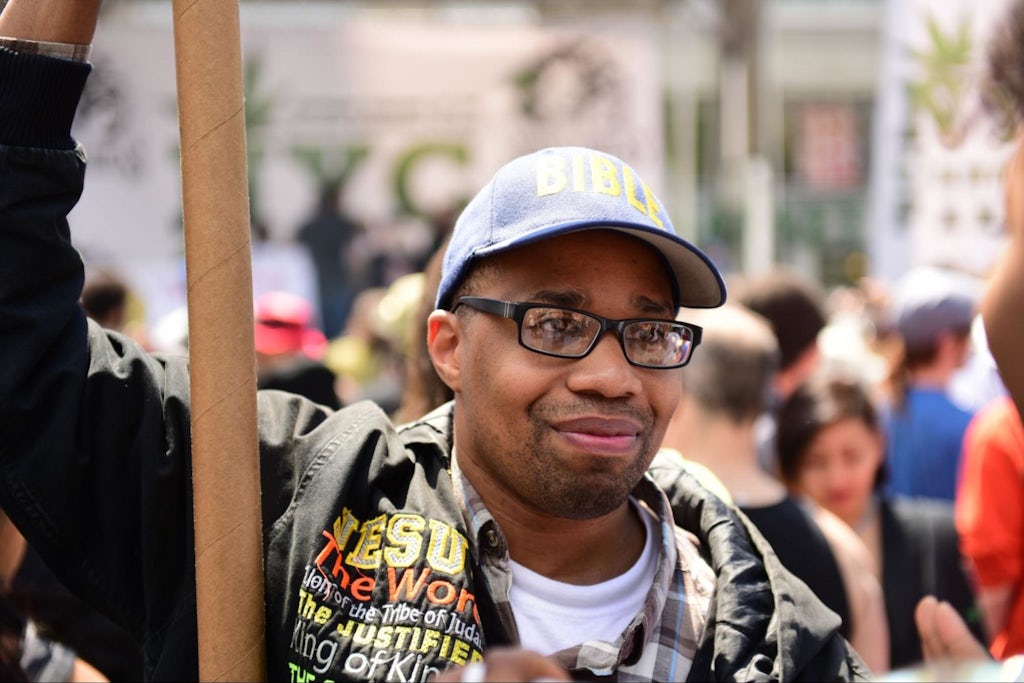
But to what extent is this opposition based on the Christian liturgy?
One verse that is commonly cited – and increasingly outdated in the era of legalization – is Romans 13:12, which states “let every soul be subject to the governing authorities. For there is no authority except from God, and the authorities that exist are appointed by God. Therefore whoever resists the authority resists the ordinance of God.”
But another verse is not beholden to the shifting sands of secular law. The verse 1 Corinthians 6:19-20 states that “your body is a temple of the Holy Spirit” and calls for believers to “glorify God in your body.”
This verse could potentially be seen as an edict to heal and safeguard the body – including with plant-based medicines – but can also be seen as calling for abstinence in the use of mind-altering chemicals and drugs that can potentially harm the body.
In Galatians 5:19-21, the scripture lists “the deeds of the flesh” that will keep one from inheriting the kingdom of God, including “drunkenness” and “carousing,” both of which can be interpreted as admonishment of any sort of intoxication, including that provided by high THC cannabis.
But if, like in Psalm 104:14-15 God created wine “to gladden the heart of man,” could not the same be said of cannabis?
Considering that the overwhelming majority of people in a predominantly Christian country like the US approve of marijuana legalization, a good case can be made for just that.
What does Judaism say about cannabis?
Very, very early in the Old Testament, God made it clear that he likes to share his herb.
Genesis 1:29-30 reads “then God said, “I give you every seed-bearing plant on the face of the whole earth and every tree that has fruit with seed in it. They will be yours for food. And to all the beasts of the earth and all the birds in the sky and all the creatures that move along the ground—everything that has the breath of life in it—I give every green plant for food.”
This could be understood to include cannabis, at least in its most natural, unprocessed forms.
But cannabis makes much more explicit cameos in the Bible, including in the book of Exodus, where in chapter 30 verse 23, a number of holy anointing oils are described, including a very familiar-sounding one named kanei bosem. Literally translated as reed (“kanei”) and fragrant (“bosem” – also the word for cologne/perfume in today’s Hebrew), the plant is mentioned in instructions God gives Moses for anointing the Hebrew’s tabernacle.
These mentions in the liturgy, along with archaeological finds from the Kingdom of Judah mentioned above provide evidence of an honored place for cannabis in ancient Jewish ritual, but where do things stand in modern times?
In Israel today, tens of thousands of people receive legal medical marijuana on a regular basis, and the country has a remarkably vibrant illicit recreational marijuana market. And it would probably not surprise the late former president Richard Nixon (“every one of the bastards that are out for legalizing marijuana is Jewish. What the Christ is the matter with the Jews”) to know that there are many Jews in the legal cannabis industry today.
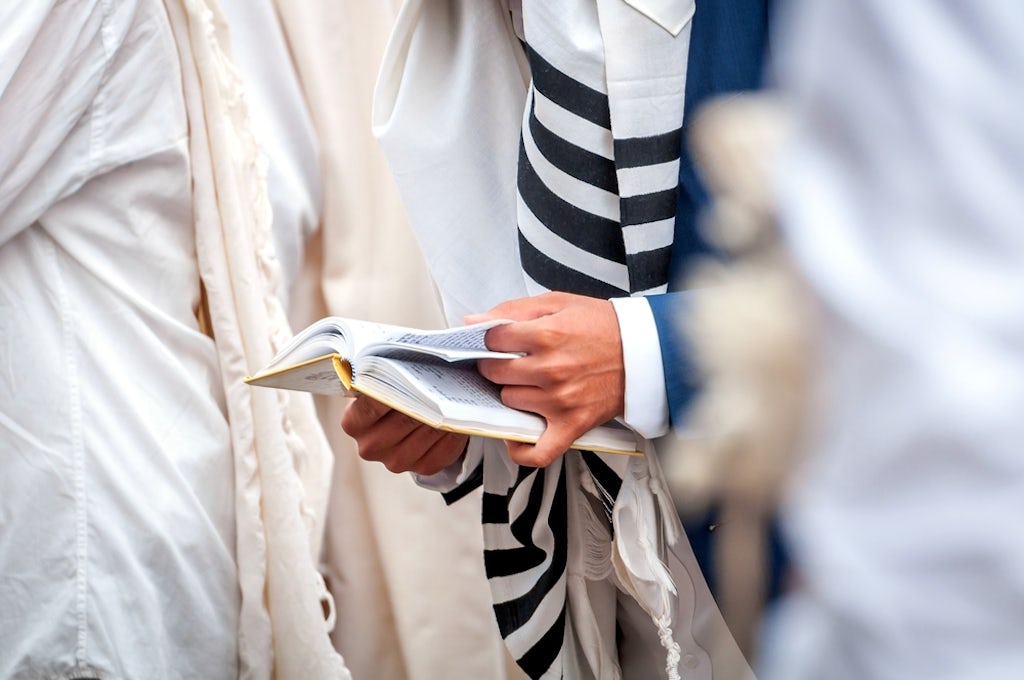
But what does Jewish law and Jewish religious leaders say?
According to the Times of Israel, in 2013 Rabbi Efraim Zalmanovich, the rabbi of the Israeli town of Mazkeret Batya said that distributing and using medical marijuana is allowed, but consuming cannabis for fun or “to escape this world” is forbidden.
A few years later, no less an authority than Rabbi Chaim Kanievsky, considered the leading authority on Jewish law in the ultra-Orthodoxworld said that cannabis can be consumed over the 8 days of the Passover holiday, when strict dietary laws are in effect. And in an interview with The Cannigma, kosher supervisor Rabbi Yaakov Cohen said that as a plant cannabis is inherently kosher, as long as there are no bugs on the flowers.
This doesn’t mean that all observant Jews are on board with cannabis – far from it. Any substance that causes intoxication could prevent someone from fulfilling the mitzvot (“commandments’ ‘) required of Judaism, and could distract them from studying torah.
In addition, where cannabis is illegal, consuming it could violate the concept of dina d’malchuta, described in the Jewish Journal as the concept that Jews should obey secular authorities as well as rabbinical ones.
But Judaism is consistent in it’s adherence to tradition and while the legal status of cannabis is changing in countries around the world, there will remain many Jews – observant or otherwise – who will continue to consider it treifah (unkosher/forbidden).
What does Islam say about cannabis?
Islam’s prohibition on alcohol is very well-known, buit what about cannabis?
While cannabis isn’t mentioned in the Quran, the question of whether or not it is haram (forbidden) is still a hot topic.
According to a post on Hadithoftheday.com, because the use of cannabis is considered potentially harmful to mental and physical health, and cognitive functioning, it is haram. The site also quotes verse 2:195 of the Quran, which states “do not put yourselves into destruction, and do good,” as well as the verse from Sahih Muslim that states that “every intoxicant is khamr (wine) and every khamr is ḥaram (prohibited).”
But what about if you use cannabis for medical reasons? According to the site, it is only permitted “if there is no other islamically permissible alternative medication to treat the ailment.”
Michigan is home to one of America’s most prominent Muslim communities, and is also a state that has legalized medical and recreatonal cannabis. A 2016 article interviewed Muslims in the city of Dearborn, Michigan, – which has the largest proportion of Arab Americans in the United States – and found that the question mainly revolved around the intent of cannabis use.
The Dearborn-based Imam Mohammed Elahi is quoted in the piece sas saying that while in general, things that are harmful to the health are haram, “It should be permissible only if that is the only option in a medical condition prescribed by medical experts.”
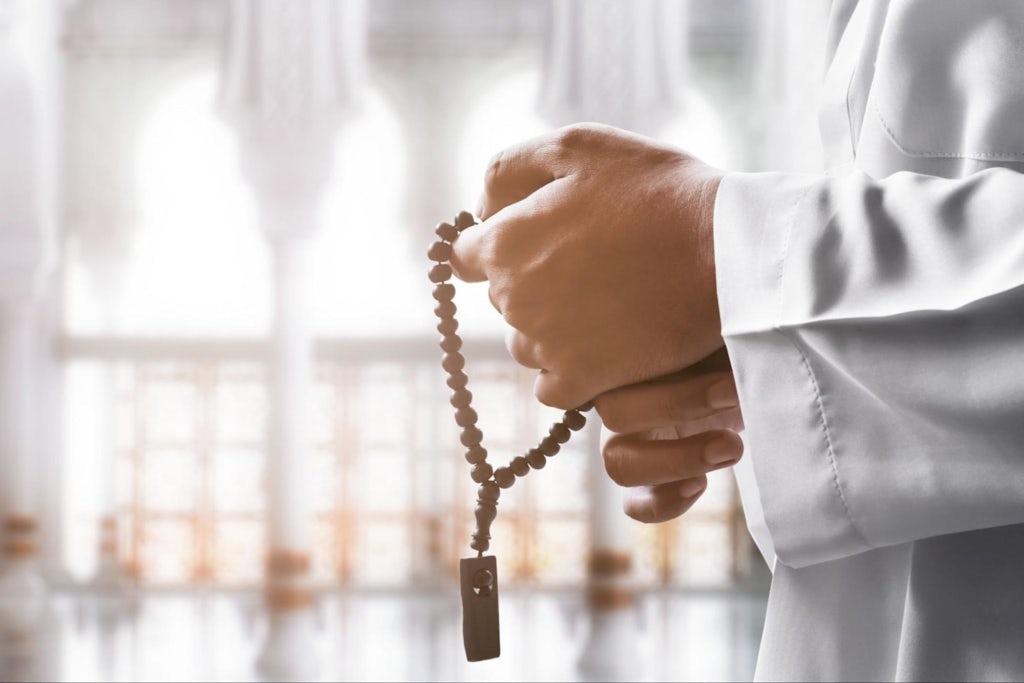
Another Imam took a different stance, saying that “this permissibility of marijuana being used for medicine has the potential of leading to abuse and the potential of people making money off it.”
A study from 2018 that looked at Islamic attitudes towards cannabis in Iran, a predominantly Shi’a muslim country. The researchers wrote that “Islamic jurisprudence and, especially, shi‘ate jurisprudence has adopted a flexible and open-ended approach, for instance, with regards to cannabis.” They also describe centuries of vibrant debate about cannabis in the Middle East in Iran.6
For centuries, hashish has bene a feature of daily life for countless people in Muslim countries such as Egypt, Morocco, Turkey, Lebanon, Afghanistan, and Iran. Three of those countries – Morocco, Lebanon, and Afghanistan, are among the world’s leading producers and exporters of illicit hash, and both Morocco and Lebanon have made big legislative moves towards legalization in the past two years.
While religious scholars may disagree about when and how cannabis is allowed, it is clearly part of the history and the fabric of daily life in much of the Islamic world, and is here to stay.
Rastafarianism – we have a good idea what they think of cannabis
There’s a good likelihood that when you think of Rastafarianism you think of ganja, and most adherents of the religion would probably forgive you for that.
Ganja is of great religious significance to Rastafarians and is used in meetings and as a communal sacrament to provide inspiration and a heightened feeling of togetherness.

As a 2006 study put it, the significance of ganja to Rastafarians “lies in the experience associated with an altered state of consciousness when ganja is used. A spiritual enlightenment or revelation of God is obtained during this altered state of consciousness, that is, a closeness or oneness with Jah.”7
This intoxication also produces a spiritual/psychological healing or transformation and “seems to bring relief and relaxation on this road to freedom. The use of ganja has a long history as a vehicle to enlightenment, ultimate Rasta salvation and restoration of the self.”
Rastafarianism is quite new, and only dates back to the 1930s in Jamaica. It is most associated with Jamaica, though Ethiopia is also a center of the religion (and the country’s former emperor Haile Selassie is seen as a sacred figure in Rastafarianism) and it has many adherents across Africa and the wider African diaspora.
In a number of these countries – especially in the Caribbean – the authorities have legalized cannabis for use by Rastafarians in their religious practices.
Marijuana in eastern religions – Buddhism and Hinduism
What is the perception of cannabis in its birthplace in the far East? In Buddhism, there is no doctrine that opposes marijuana and none of the strict prohibitions that one may associate with religions like Judaism or Islam.
Arguably though, it could potentially conflict with Sīla, the five precepts or five rules of training that are central to the Buddhist system of morality. One of these is “refrain from intoxicants that cloud the mind,” which could arguably be construed to include cannabis. Much like how the effects of cannabis could potentially make it more difficult for observant Jews to observe mitzvot, it could also in theory make it harder for Buddhists to reach enlightenment.
As one respondent on this Buddhist message board explained it, “Buddhism is about getting to the root of suffering and overcoming suffering. weed is putting a happy-faced band-aid on suffering and not having enough concentration to overcome the munchies, let alone suffering.”
So not everyone is on board. On the other hand, this would not seem to apply to non-intoxicating cannabinoids like CBD.
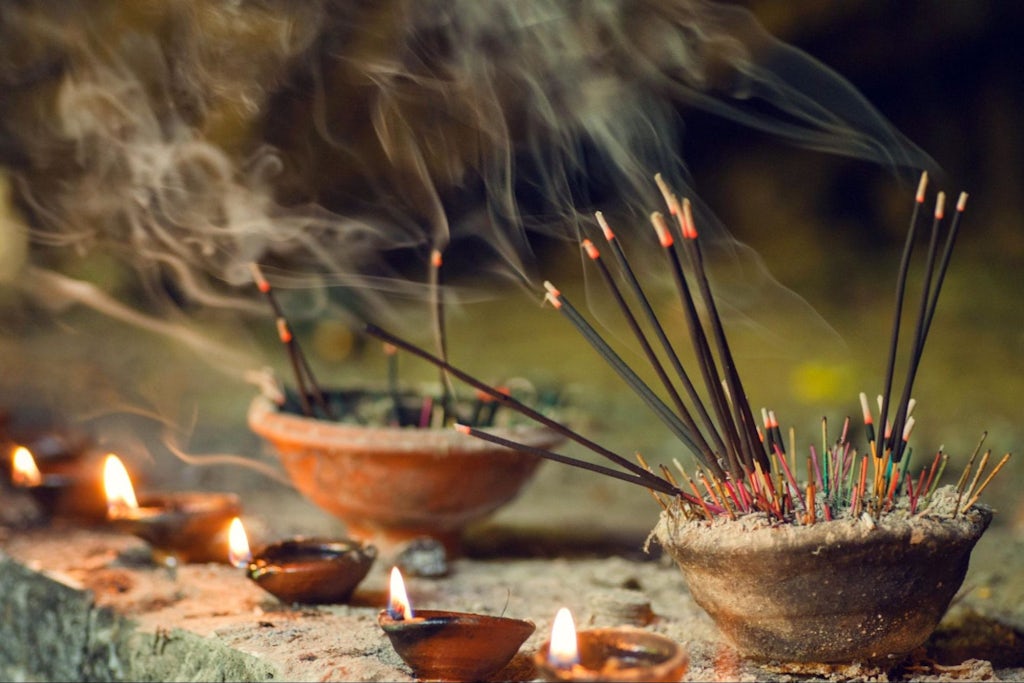
Countless followers of Hinduism are familiar with Bhang, a milk-based drink that includes a mix of cannabis and spices and comes in a wide variety of flavors. Bhang and other forms of cannabis have been used since antiquity as part of ritual worship8 of the god Shiva, who is said to have been an enthusiastic cannabis user. Also, in the collection of sacred Hindu texts known as Atharva Veda, cannabis is described as “one of the five most sacred plants.”
In addition, cannabis is one of the more well-known remedies in the alternative system of medicine known as Ayurvedic medicine, which has been practiced for more than 3,000 years.
How cannabis can help with prayer
Cannabis can potentially help with a wide variety of spiritual pursuits simply through its ability to cause euphoria and relaxation. By putting the mind at ease (unless you’re the type who gets anxious or paranoid when high), it can help people shut out the concerns of their daily life, and the stress that keeps them from reaching inner peace. This is one of the reasons that many people look to cannabis as a meditation aid.

At the same time, while there may not be a causational link, a 2018 study found that adults who more frequently attend religious services show lower rates of cannabis use.9
Ultimately, while how your religion views cannabis is probably outside of your control, how you responds spirituality to the effects of marijuana is a wholly personal experience, no matter what the liturgy says.
Sources
- Abel, E. L. Marihuana: The First Twelve Thousand Years. Springer Science & Business Media, 2013.
- Ren, Meng, et al. “The Origins of Cannabis Smoking: Chemical Residue Evidence from the First Millennium BCE in the Pamirs.” Science Advances, June 2019. world, www.science.org, https://www.science.org/doi/abs/10.1126/sciadv.aaw1391.
- The Internet Classics Archive | The History of Herodotus by Herodotus. http://classics.mit.edu/Herodotus/history.4.iv.html. Accessed 3 Sept. 2021.
- Nerlich, A. G., et al. “Extensive Pulmonary Haemorrhage in an Egyptian Mummy.” Virchows Archiv, vol. 427, no. 4, Dec. 1995, pp. 423–29. Springer Link, https://doi.org/10.1007/BF00199392.
- Arie, Eran, et al. “Cannabis and Frankincense at the Judahite Shrine of Arad.” Tel Aviv, vol. 47, no. 1, Jan. 2020, pp. 5–28. Taylor and Francis+NEJM, https://doi.org/10.1080/03344355.2020.1732046.
- Ghiabi, Maziyar, et al. “Islam and Cannabis: Legalisation and Religious Debate in Iran.” The International Journal on Drug Policy, vol. 56, June 2018, pp. 121–27. PubMed Central, https://doi.org/10.1016/j.drugpo.2018.03.009.
- Pretorius, S. P. “The Significance of the Use of Ganja as a Religious Ritual in the Rastafari Movement.” Verbum et Ecclesia, vol. 27, no. 3, Sept. 2006, pp. 1012–30. verbumetecclesia.org.za, https://doi.org/10.4102/ve.v27i3.199.
- Godlaski, Theodore M. “Shiva, Lord of Bhang.” Substance Use & Misuse, vol. 47, no. 10, Aug. 2012, pp. 1067–72. PubMed, https://doi.org/10.3109/10826084.2012.684308.
- Burdette, Amy M., et al. “Religious Involvement and Marijuana Use for Medical and Recreational Purposes.” Journal of Drug Issues, vol. 48, no. 3, July 2018, pp. 421–34. PubMed Central, https://doi.org/10.1177/0022042618770393.
Sign up for bi-weekly updates, packed full of cannabis education, recipes, and tips. Your inbox will love it.

 Shop
Shop Support
Support
